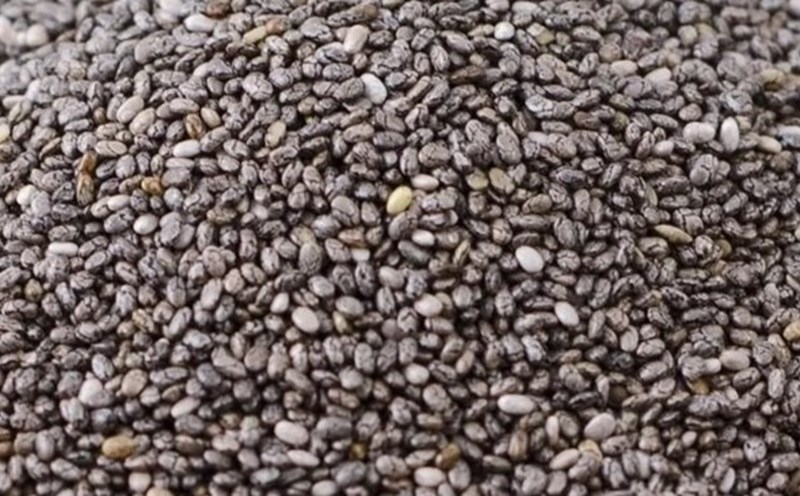Lentils
Lentils are a great source of plant-based protein, containing about 18 grams of protein per cup (about 200 grams). They are also rich in soluble fiber, which helps reduce cravings and control blood sugar levels.
Research published in the American Journal of Clinical Nutrition found that people who regularly consumed lentils had smaller waistlines and lower visceral fat levels due to their ability to reduce inflammation and improve glucose metabolism.
Soybeans and Soybean Products
Soybeans, soy milk, and tofu are high-quality plant-based sources of protein, containing all the essential amino acids. Isoflavones in soy help reduce visceral fat by improving insulin sensitivity and reducing inflammation in the body.
Quinoa
Quinoa is a protein-rich grain, providing about 8 grams of protein per cup (185 grams cooked). It also contains fiber and antioxidants, which help reduce inflammation and promote fat burning. Research in the Journal of Nutrition shows that adding quinoa to your diet can help reduce belly fat and visceral fat, while also improving heart health.
Chia seeds
Chia seeds are not only rich in protein, but also provide omega-3 fats and soluble fiber. When consumed, chia seeds absorb water to form a gel, helping to slow down digestion, stabilize blood sugar and reduce visceral fat accumulation.
According to the European Journal of Clinical Nutrition, consuming 30g of chia seeds per day helps reduce waist circumference and effectively control weight.
Green bean
Green beans are a popular source of plant-based protein, providing about 14 grams of protein per cooked cup. Green beans are high in fiber and polyphenol compounds that can reduce inflammation, a major contributor to visceral fat accumulation.
Green beans can improve digestive function and support safe weight loss.
Why does plant protein help reduce visceral fat?
Increased satiety: Plant proteins rich in fiber help prolong the feeling of fullness, minimizing calorie intake.
Stabilize blood sugar: Soluble fiber in plant foods slows down glucose absorption, preventing excess fat accumulation.
Reduce inflammation: Antioxidants in plant foods help reduce inflammation, preventing the storage of visceral fat.










